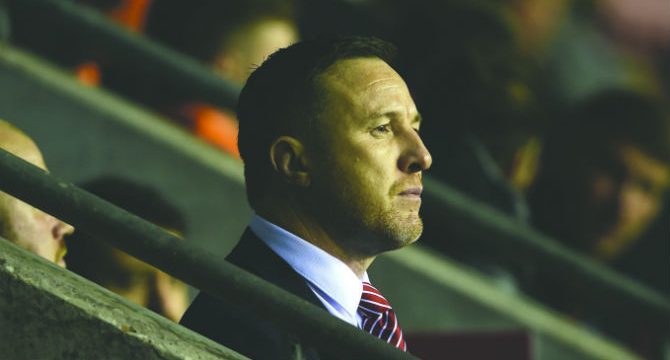 "WHAT'S the worst that can happen?" - That's the view of Wigan Warriors chief executive Kris Radlinski when talking about raising the Super League salary cap.
The cap currently stands at £2.1 million, but it has been frozen for its sixth season with some clubs still failing to pay up to the limit.
In recent times, there has been clamouring t
"WHAT'S the worst that can happen?" - That's the view of Wigan Warriors chief executive Kris Radlinski when talking about raising the Super League salary cap.
The cap currently stands at £2.1 million, but it has been frozen for its sixth season with some clubs still failing to pay up to the limit.
In recent times, there has been clamouring t Wigan Warriors CEO Kris Radlinski calls for an increased Super League salary cap
 "WHAT'S the worst that can happen?" - That's the view of Wigan Warriors chief executive Kris Radlinski when talking about raising the Super League salary cap.
The cap currently stands at £2.1 million, but it has been frozen for its sixth season with some clubs still failing to pay up to the limit.
In recent times, there has been clamouring t
"WHAT'S the worst that can happen?" - That's the view of Wigan Warriors chief executive Kris Radlinski when talking about raising the Super League salary cap.
The cap currently stands at £2.1 million, but it has been frozen for its sixth season with some clubs still failing to pay up to the limit.
In recent times, there has been clamouring t 